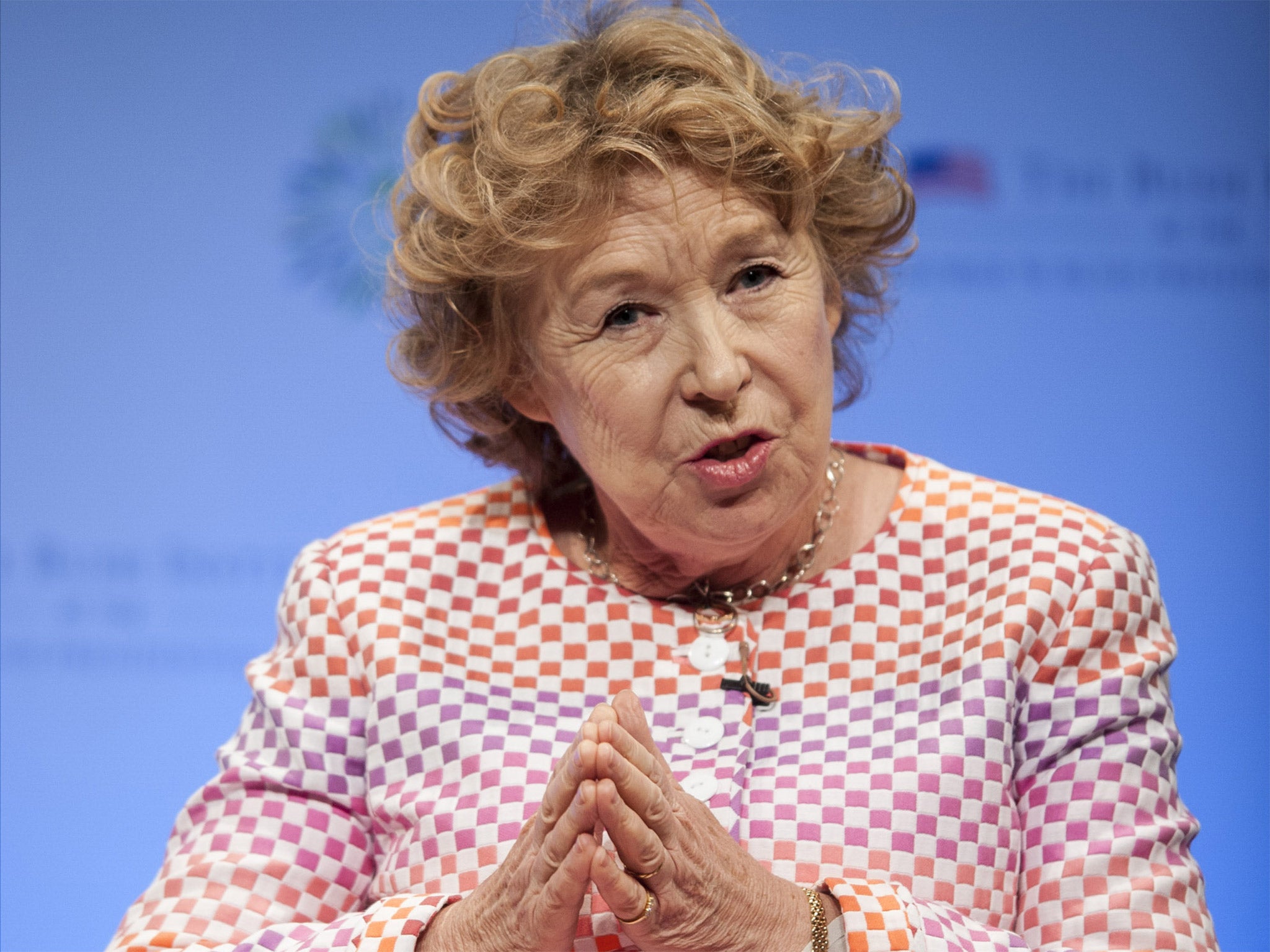Honour for Ann Cotton, the British teacher who educated a million African girls
She was named as this year’s Wise Prize laureate at a ceremony in Qatar

A pioneering British charity founder has won a $500,000 (£313,000) global award for her work in helping to bring education to more than a million girls in Africa.
When Ann Cotton first walked into a poor village in rural Zimbabwe back in 1991, the initial reactions of the locals weren’t promising. “I was the only white person and sometimes I would walk down the road and very small children would scream when they saw me,” she said. “It was a deeply disturbing experience.” Ms Cotton was a part-time English teacher who had travelled on her own to Africa to study the education of girls in the area. “I realised within the first few hours that I was out of my depth emotionally, physically and intellectually,” she recalled.
In 1993, she founded the charity Camfed International – and she is now regarded as one of the world’s leading campaigners for female education, having directly funded more than one million girls in some of the poorest communities in several African countries, to ensure they can go to school.
At a ceremony in Doha, Qatar, she was named as this year’s Wise Prize laureate – an award that has come to be regarded as the equivalent to a Nobel Prize in education. The award – established by the Qatar Foundation, which donates $500,000 to the winner’s cause – is recognition of work inspired by the desperate schooling conditions the Welsh charity worker encountered on that first trip, and how few girls could gain access to education.
“I remember looking around the primary school, and seeing cracked windowpanes and floor that was cement with holes, and a pitted blackboard,” she said. “Children would bring a brick from home, and sit on it and listen to the teacher. The intensity of the commitment to education was something that moved me deeply.”
It was mainly boys in that classroom, however. And the prevailing view among international development experts was that female education was not valued by these communities – that the parents stopped their daughters going to school because they didn’t believe it was right.
In fact, Ms Cotton discovered, it was down to money. Parents could not afford the books, the uniform and the fees to send all their children to school – and because boys had better chances of employment, their only choice was to spend cash on their sons.
Ms Cotton still visits Africa regularly, returning from Malawi just last week. There, she says, Camfed is making a huge difference to the local societies of the girls offered grants. In areas supported by the charity’s programmes, just 5 per cent of the girls become mothers in their teenage years - compared to 27 per cent nationally - allowing more of them to fully mature and begin careers before starting a family. “It addresses the issue of maternal mortality as well because those who die in childbirth tend to be the youngest,” she says. The charity also supports work in Ghana, Zambia, Tanzania and Mozambique, as well as Zimbabwe.
Ms Cotton also paid tribute to the work of DfiD, which in 2012 donated £12m to the charity, and her loyal CEO, Lucy Lake.
Yesterday the Prime Minister hailed her work. David Cameron said: “The scale and impact of the work she has done through Camfed to educate millions of girls and young women in Africa is simply remarkable.”
Subscribe to Independent Premium to bookmark this article
Want to bookmark your favourite articles and stories to read or reference later? Start your Independent Premium subscription today.

Join our commenting forum
Join thought-provoking conversations, follow other Independent readers and see their replies